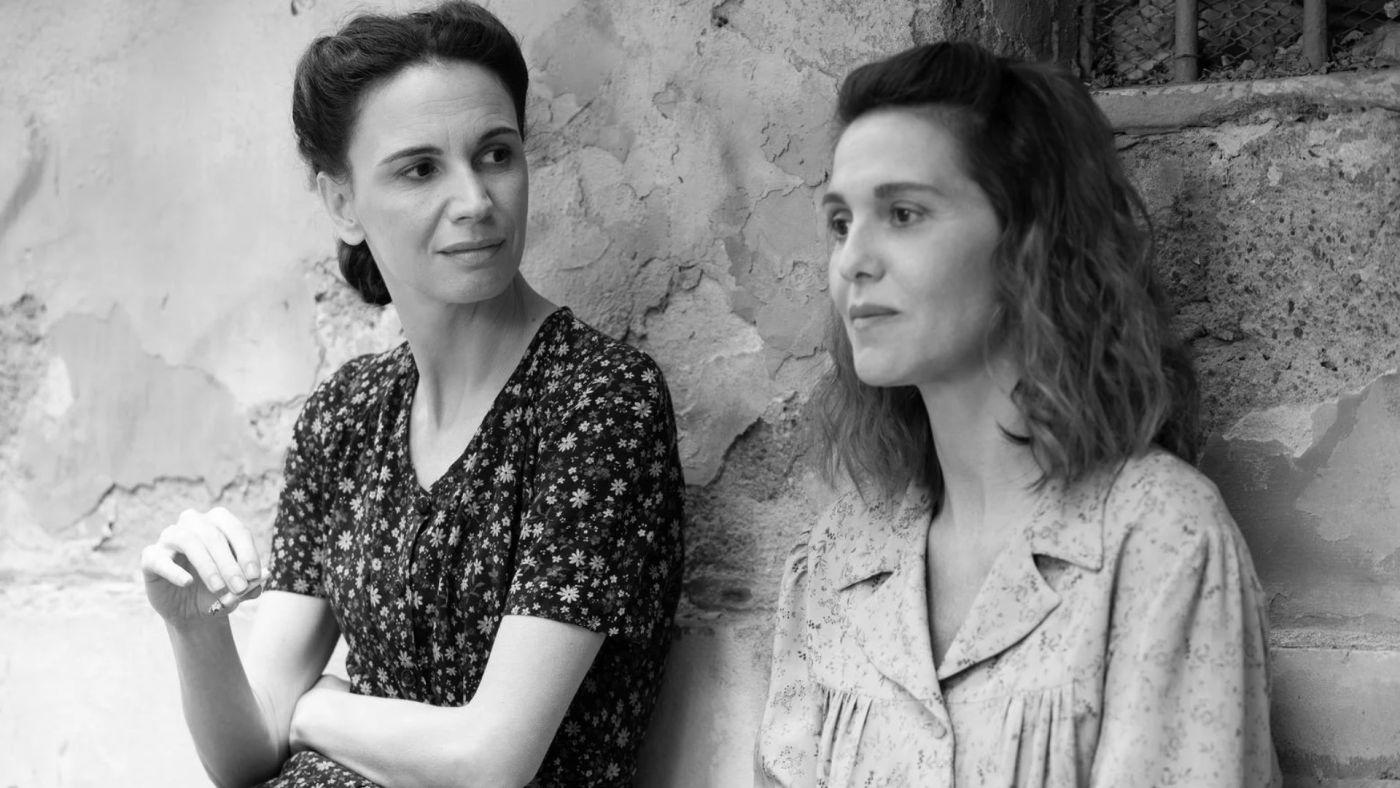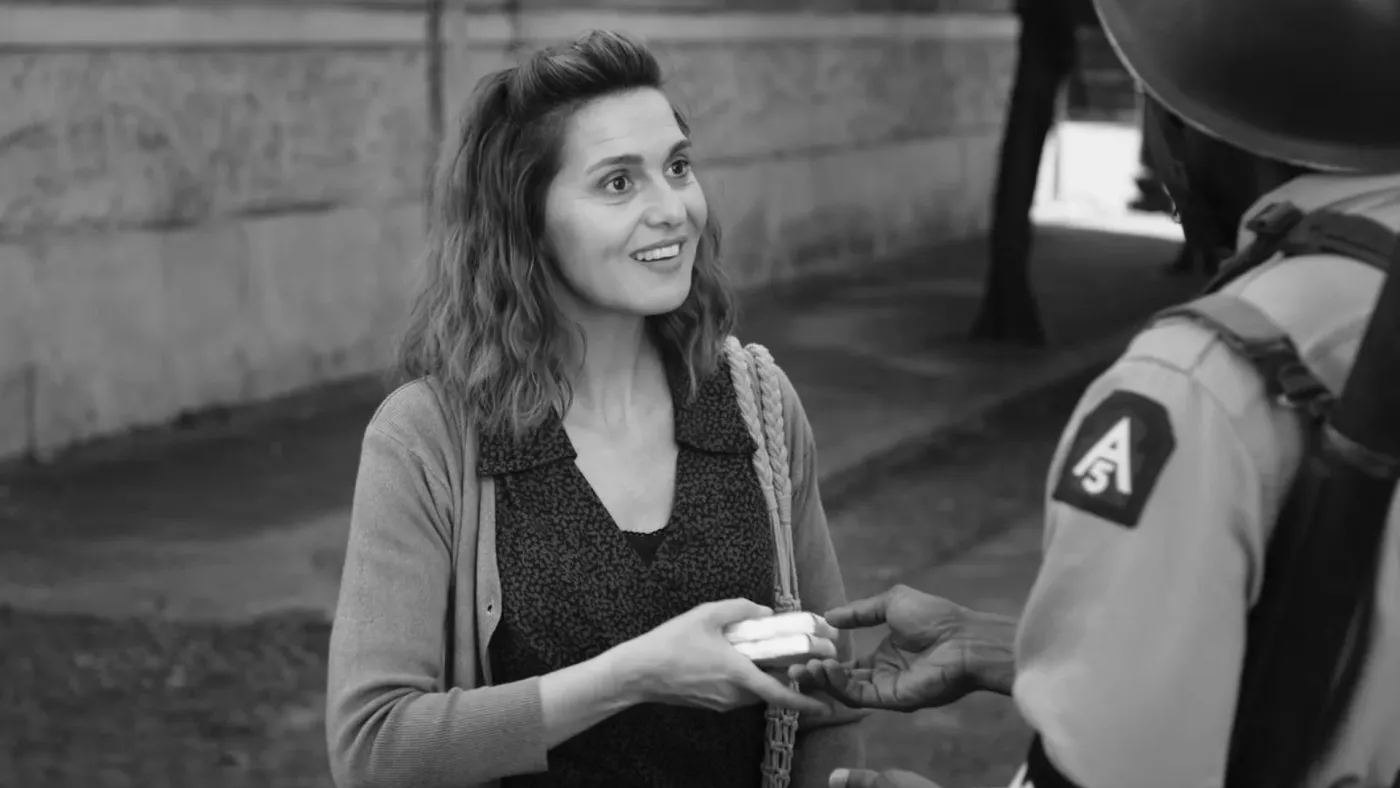Cinema: in Irlanda e Regno Unito esce “C’è ancora domani” di Paola Cortellesi

Paola Cortellesi è pronta a portare il suo film di successo, "C'è ancora domani", nel Regno Unito e in Irlanda. Dopo aver ottenuto un grande successo di incassi in Italia, superando anche titoli come "Barbie" e "Oppenheimer", il debutto di Cortellesi dietro la macchina da presa ha attirato l'attenzione anche al di là dei confini nazionali. Il film ha già conquistato il box office in Francia, diventando il primo film italiano per numero di spettatori dopo l'era post-Covid.
Ora, il film è pronto per debuttare sul grande schermo nel Regno Unito e in Irlanda grazie alla distribuzione del colosso cinematografico Vue. La proiezione è prevista per il 26 Aprile con il titolo "There’s still tomorrow", preceduta da un'anteprima il 22 Aprile.

Qualche tempo fa, su Variety, Cortellesi ha espresso la sua gioia per questa opportunità, ringraziando tutti coloro che hanno supportato il film, compresi i partner di produzione e la Vue per aver scelto di distribuirlo. La decisione di Vue di investire in un film tradizionale rappresenta una significativa svolta per l'azienda, solitamente orientata verso titoli educativi ed eventi sportivi.
Tim Richards, fondatore e CEO di Vue, ha elogiato il film di Cortellesi come straordinario e ha sottolineato l'onore che rappresenta per loro distribuirlo nel Regno Unito. Johnny Carr, responsabile del gruppo cinema ed eventi di Vue, ha aggiunto che sono entusiasti di portare questo film a un pubblico più ampio e che presto si rivolgeranno direttamente agli esercenti britannici e irlandesi.
L'arrivo di "C'è ancora domani" nei cinema britannici e irlandesi promette di essere un evento significativo, portando il talento di Cortellesi a nuove vette e aprendo le porte a ulteriori collaborazioni internazionali per Vue.
Il film è ambientato nella Roma della seconda metà degli anni ’40, dove Delia è confinata esclusivamente nei ruoli di moglie e madre, mentre suo marito Ivano è il capofamiglia. Il fidanzamento della loro primogenita con un ragazzo della borghesia crea agitazione in famiglia. Quando Delia riceve una misteriosa lettera, si determina a ribaltare i ruoli prestabiliti e finalmente immagina un futuro migliore.
ENGLISH VERSION
Cinema: Paola Cortellesi's "There's still tomorrow" will be released in Ireland and the UK
The film will be available in British and Irish cinemas starting from the end of Apri
Paola Cortellesi is ready to bring her successful film, "C'è ancora domani", to the United Kingdom and Ireland. After achieving great box office success in Italy, surpassing titles like "Barbie" and "Oppenheimer," Cortellesi's directorial debut has attracted attention beyond national borders. The film has already conquered the box office in France, becoming the first Italian film by number of viewers after the post-Covid era.
Now, the film is set to debut on the big screen in the UK and Ireland thanks to the distribution by the cinema giant Vue. The screening is scheduled for April 26 with the title "There's still tomorrow," preceded by a preview on April 22.
Some time ago, on Variety, Cortellesi expressed her joy for this opportunity, thanking everyone who supported the film, including production partners and Vue for choosing to distribute it. Vue's decision to invest in a traditional film represents a significant turning point for the company, which is usually focused on educational titles and sporting events.
Tim Richards, founder and CEO of Vue, praised Cortellesi's film as extraordinary and emphasized the honor it represents for them to distribute it in the UK. Johnny Carr, head of Vue's cinema and events group, added that they are excited to bring this film to a wider audience and will soon be reaching out directly to British and Irish exhibitors.
The arrival of "There's still tomorrow" in British and Irish cinemas promises to be a significant event, bringing Cortellesi's talent to new heights and opening the doors to further international collaborations for Vue.
The film is set in Rome in the second half of the 1940s, where Delia is confined exclusively to the roles of wife and mother, while her husband Ivano is the head of the family. The engagement of their eldest daughter to a bourgeois boy creates turmoil in the family. When Delia receives a mysterious letter, she is determined to overturn the established roles and finally imagines a better future.





